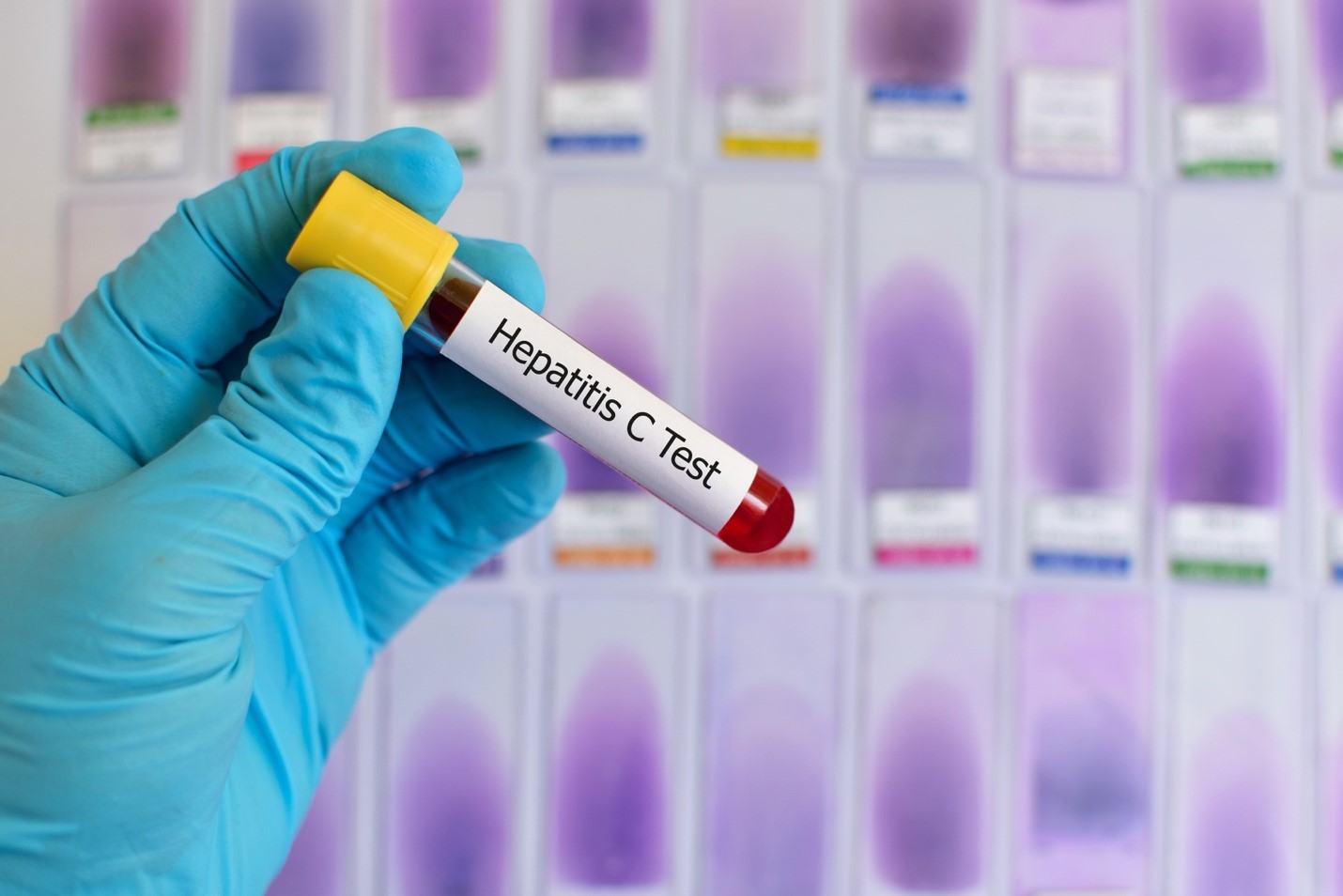Understanding Alpha-Fetoprotein Test: Uses, Procedure, and Results

Alpha-fetoprotein (AFP) is a protein produced by a developing foetus’s yolk sac and liver during pregnancy. AFP levels are typically high in unborn babies and pregnant women and very low in adults and older children. High levels of AFP can be an indicator of problems like certain forms of cancer or liver diseases. In this article, we explore what the AFP test is, its uses, and what possible test results may mean.
What is the Alpha-Fetoprotein Test?
An AFP test is a blood test which measures the amount of AFP in an individual’s blood. It is commonly used in the second trimester of pregnancy but can also be used on non-pregnant people.
An AFP tumour marker is used to help diagnose certain conditions, including cancer, and check how well the cancer treatment is working. However, the test alone is not enough to diagnose or screen for cancer since many conditions can cause elevated AFP levels. It is also important to note that a higher AFP level may not always indicate a health problem, as some people have higher AFP levels than average.
What is an AFP Blood Test Used For?
The alpha-fetoprotein test is used in a variety of scenarios, including:
1. Pregnancy
An AFP test is usually part of a routine screening done on pregnant women between the 14th and 22nd weeks of their pregnancy. Using the screening test results, age, ethnicity, and other factors, doctors can determine the chances of genetic congenital disabilities in the baby. These could include chromosomal abnormalities like Down syndrome. AFP test results can also help medical professionals determine if further testing is required.
It is crucial for those who have a high risk of children with congenital disabilities, such as women over the age of 35, those with a history of congenital disabilities, or those who have diabetes.
2. Cancer-related Testing
An alpha-fetoprotein tumour marker can be used along with other exams to confirm a cancer diagnosis in the stomach, pancreas, biliary tract, liver, ovaries, or testicles. It can also determine how cancer behaves over time. Along with diagnosis, the test may be used to monitor cancer treatment. If the cancer grows, AFP levels increase and decrease if the treatment works. In some cases, AFP results are used to plan treatment choices or check whether the cancer has returned after treatment.
3. Other Conditions
An AFP blood test is also used to monitor chronic conditions such as liver cirrhosis or hepatitis. While these conditions are not cancerous, they increase the risk of an individual developing liver cancer later.
Who Needs To Get an AFP Test?
An individual may need to get an AFP test if they:
- Have had other physical exams or tests suggesting the presence of liver, ovarian, or testicular cancer.
- Are currently being treated for cancers that cause high AFP levels. It may be required to determine if treatment is working.
- Have completed treatment for cancers that cause high AFP levels. AFP tumour marker tests can help determine if the cancer is coming back.
- Have chronic illnesses such as cirrhosis or hepatitis. A sudden increase or high level of AFP can be a warning sign of cancer.
How is an AFP Test Administered?
The AFP test is a simple and quick blood test. Medical professionals withdraw a small amount of blood from the arm using a needle. The test usually takes only a few minutes. No preparation is required, and minimal risks are involved.
The most common side effects of the test include slight pain or bruising in the area where the needle was inserted.
What do the AFP Test Results Mean?
It is important to refer to a medical professional for information regarding test results. The meaning of the test results varies according to the individual and the condition they present with:
1. High AFP Levels
The AFP blood test’s normal range is 0 ng/mL to 40 ng/mL. High levels of AFP may indicate cancer, liver injury, or chronic illnesses. Increased AFP levels in cancer patients may suggest that treatments aren’t working or that the cancer has returned.
2. Normal AFP Levels
While normal AFP levels indicate a lower likelihood of cancer, they do not rule it out entirely. Further testing is required to make a diagnosis. In cancer patients, a decreasing AFP level could indicate successful treatment.
3. AFP Levels in Pregnant Women
Higher-than-normal AFP levels in pregnant women could indicate neural tube defects, whereas lower-than-normal levels could indicate chromosomal abnormalities like Down syndrome. Abnormal AFP levels can also be caused by multiple pregnancies (like twins or triplets).
If an individual presents with symptoms related to liver diseases, cancer, or pregnancy, doctors may order AFP tests for further information. Book an AFP test with Dr Lal PathLabs for fast and accurate testing.
FAQs
1. Is fasting required for an AFP blood test?
No preparation is required for an AFP blood test.
2. What is the normal range of alpha-fetoprotein?
Generally, the normal range of AFP in adults is between 0 and 10 ng/mL or up to 40 ng/mL.














